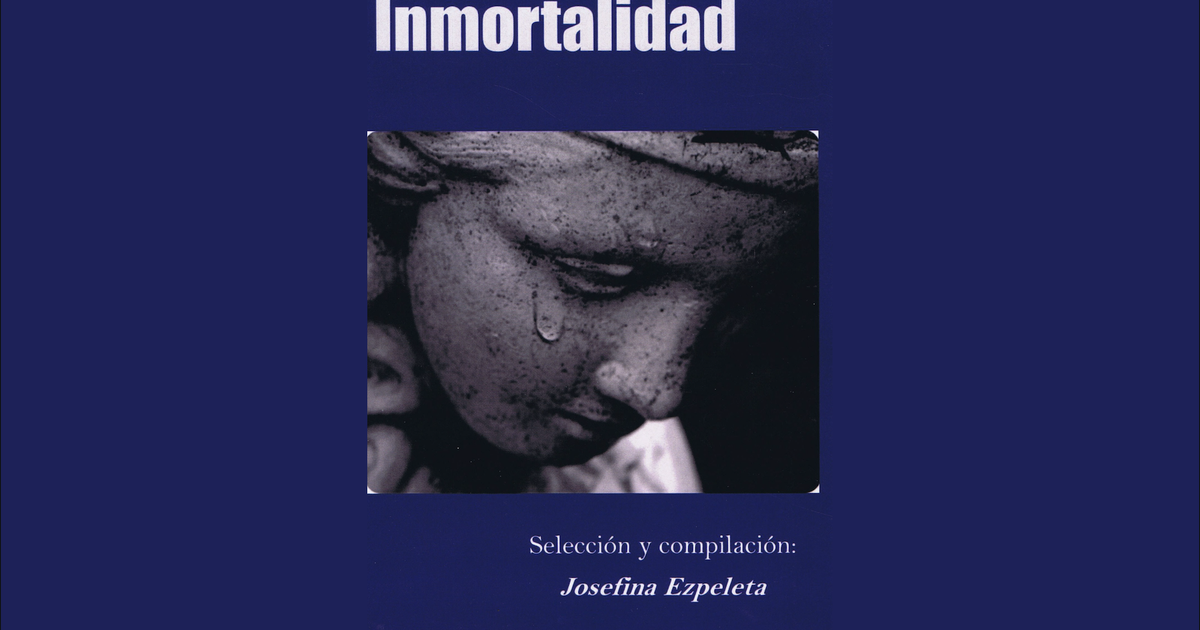United Nations, Apr 25 (EFE).- The Russian Foreign Minister, Sergei Lavrov, was pessimistic today about the renewal of the so-called “grain agreement” between Russia and Ukraine, sponsored by the UN and Turkey and which allows the export of grain and other agricultural products through a safe corridor in the Black Sea.
In a press conference at the UN at the end of his two-day visit, Lavrov referred on several occasions very critically to the operation of the agreement -signed in July 2022 and whose last term expires on May 18-, and to the When asked if he had no hope of renewing it, he ironically replied to the journalist: “Wow, you look like a psychologist.”
Russia’s complaints are of various types: first, it recalled that what is legally known as the “Black Sea Initiative” has two vectors: one for Ukrainian grain and another to facilitate the sale of Russian fertilizers, but the second is not working and there are dozens of Russian ships blocked in European ports -he estimated 200 million kilos of blocked fertilizers-.
The diplomat acknowledged that the UN Secretary General, António Guterres, is making “honest efforts” to help Russian exports, which suffer mainly from the sanctions imposed in Western countries on Russian companies and their veto in the international SWIFT system. of payments.
But in addition, Lavrov said that the grain agreement, which was conceived to alleviate hunger and scarcity in third world countries, is being used self-servingly and only 3% of the Ukrainian grain that came out thanks to that agreement reached poor countries and the rest has simply gone to feed the free market.
THE RELATIVE WEIGHT OF SANCTIONS
With the exception of fertilizers, Lavrov played down the sanctions package imposed against Russia after the invasion of Ukraine, which has been mostly applied by Western governments, saying his country is being able to “develop its own economy and make use of its own sources”, all this “without the artificial dependence on the dollar”.
He was also convinced that the war in Ukraine has brought another consequence of great economic importance, such as the loss of importance of the dollar as a reference currency, in benefits of other currencies or digital currencies, in what he called “an irreversible transition ”.
According to Lavrov, we are witnessing “the end of globalization” and the emergence of “fragmentation and regionalization” in the world, and he cited in his support the recent interview he just had with Brazilian President Lula da Silva (he did not give more details) plus the eventual reform of the International Monetary Fund.
He contrasted the vision of Lula and his own with that of the head of European diplomacy, Josep Borrell, of whom he once again recalled -an argument dear to the Russians- his statements last October in which he compared Europe to “a garden” surrounded by “a jungle”.
DISCREET TALKS ABOUT PRISONER EXCHANGE
In his very long press conference, Lavrov also referred to the arrest of the American journalist Evan Gershkovich and other compatriots and acknowledged that “there are discussions” about an eventual exchange of prisoners (there are sixty potentially exchangeable Russian prisoners, he said) but they must continue ” without publicity, because that will only complicate things”.
He ironically said that the least thing that could benefit Gerskovich is to imagine a “Hollywood” solution.
He also took the opportunity to complain about the difficulty Russian journalists have in obtaining work visas in the United States, a policy according to him designed to “silence alternative points of view.”

